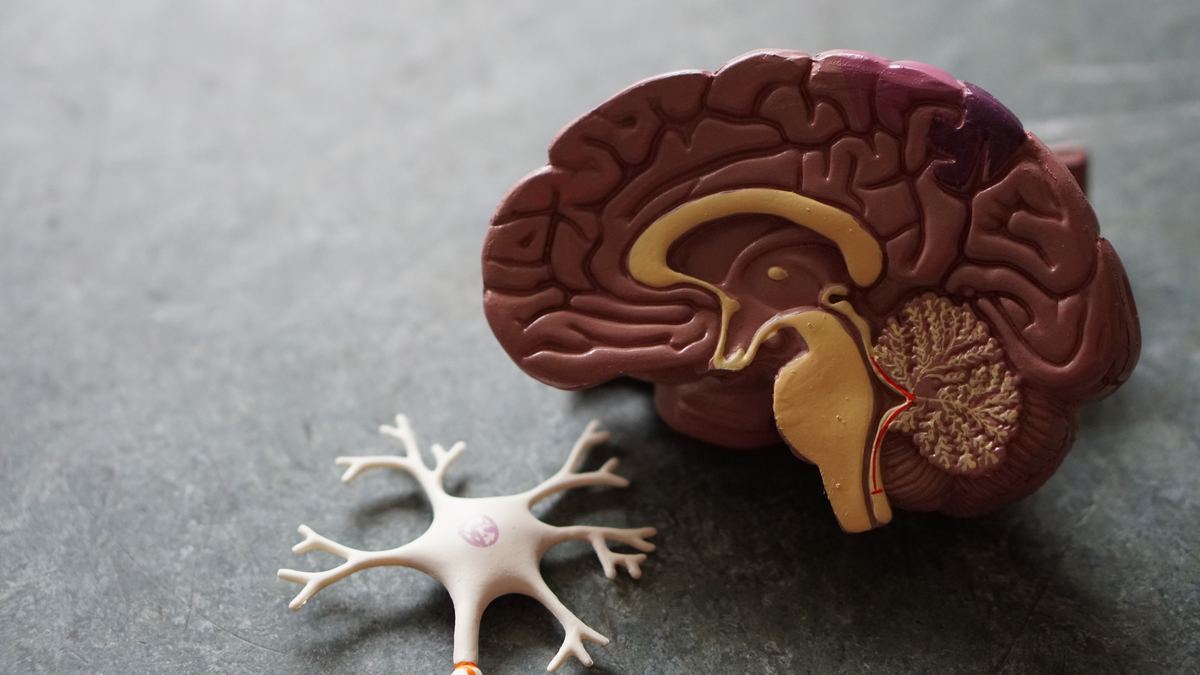By Anna Jankowska MA LCPC
Many clients believe that they cannot get the driver's license back because it costs a lot of money and it's very difficult. Some of the clients simply give up because they have received prior denials and they simply don’t know how to even decipher the jargon of the denial letter. It’s a big mistake to think that it is impossible to get your driver’s license back and to give up. A few things need to take place for a person to get their driver’s license or RDP (Restricted Driving Permit) after a denial of driving privileges issued by the Secretary of State Office.
First of all, you need to have a good evaluation prepared by an experienced evaluator. Everything in this evaluation has to be consistent and the evaluation cannot have any discrepancies. A good evaluator takes into account the client’s drinking and drug use history, prior evaluations, significant other interviews, treatment verification, etc.
Secondly, an evaluator needs to spend time with a client going over his or her denial letter and reconciling those discrepancies between what the client had said in his prior evaluation and what he or she stated during the hearing. Many clients do not understand the process of the hearing and a good evaluator will go over everything and explain the nuances of the documents, hearing preparation process and mistakes that the client made during the hearing. The difficult language of the denial letter should not be a barrier to applying for another hearing. The more time passes the more difficult it is for the client to relearn all the information both from the evaluation as well as from his treatment. The client needs to take the time to prepare for the hearing adequately and this will ensure that he or she will be approved for a permit or a full license reinstatement.
There are many reasons why the client would receive a denial letter after the hearing.
One of the reasons is being inconsistent with drinking and drug use history. It is imperative that the person memorizes his or her evaluation and reports exactly what’s in the evaluation during the hearing. Many clients don’t understand how they could possibly remember their life drinking and drug use history and they think that they’re not expected to memorize it.
Another reason for the denial is a lack of understanding of the symptoms of substance use disorder. Clients either underreport or overreport their symptoms. This is due to the fact that they do not understand the meaning of the symptoms. This problem could be easily overcome by spending time with a client and going over their symptoms and explaining the language that is being used during the hearing. Many clients underreport their symptoms due to fear of further legal consequences or over-report their symptoms due to being coached by their well-meaning friends. Clients’ friends sometimes have similar circumstances with denial letters and believe that over-reporting is what the Secretary of State is actually looking for in granting an RDP or a full license. Clients are being coached by their friends receiving incorrect information and repeating the same mistakes over and over again. Admitting to too many symptoms is not helpful and creates additional difficulties for the evaluator and the client alike.
The third reason for denial is receiving incomplete or inaccurate treatment verification from a treatment provider. Since some treatment providers don’t perform drug and alcohol assessments they don’t communicate with an assessor who completes such evaluations. Clients also don’t understand their treatment verification and can’t explain the discrepancies between their treatment level completed and their symptoms. Some treatment providers don’t adequately explain the additional treatment requirements and dependency and non-dependency issues. This creates a problem for a future evaluator, especially if the client considers himself or herself non-dependent, but his or her treatment verification states that he or she is dependent.
The fourth reason for denial is a lack of a solid support system, that assures the Secretary of State Office that the client maintains sobriety. Clients are often told by providers to attend self-help groups but they don’t adhere to the recommendations. If they don’t have a specially designated support system, either traditional or non-traditional, it would be impossible for them to obtain either an RDP or full license privileges.
These are just some reasons for denials during the hearing process. There are many more that have to do with minimizations when filling out questionnaires or incomplete paperwork from significant others/friends or self-help groups. The more seriously we take the process of the reinstatement, the better we will be prepared when we go to the actual hearing. The best advice is, to be honest during your evaluation, memorize the evaluation after it is completed and present the same information during the hearing.








0 Comments